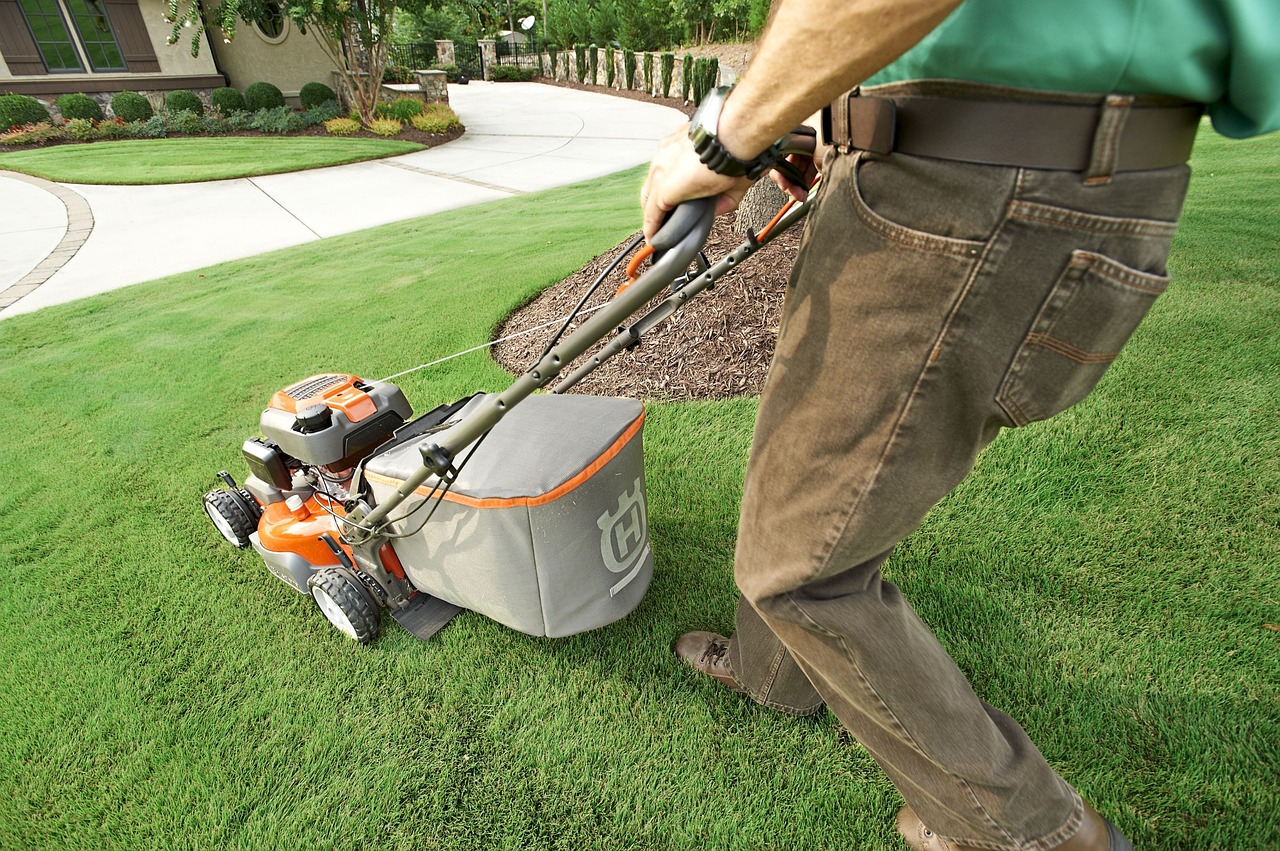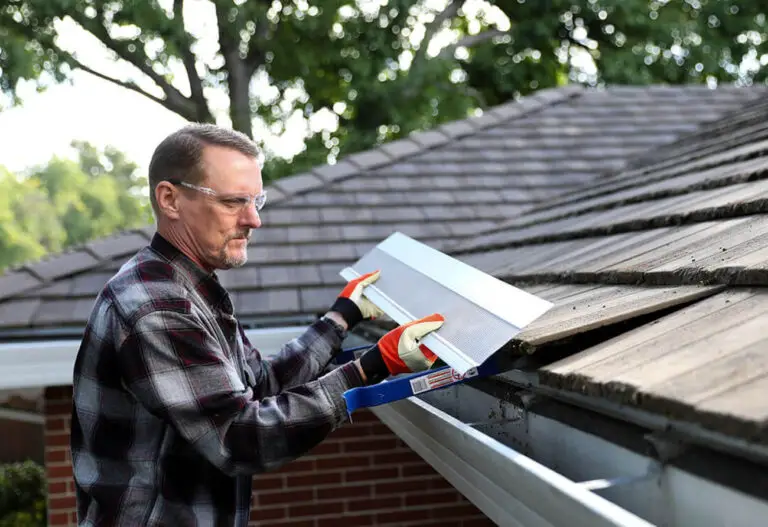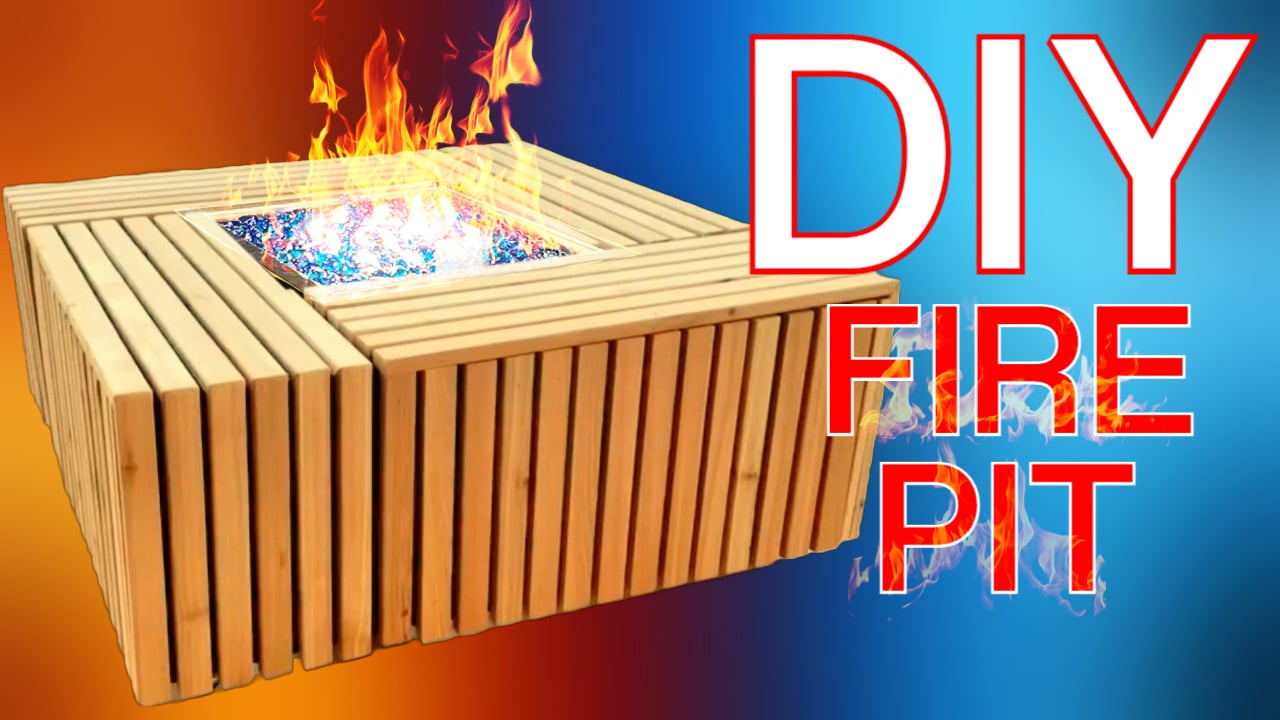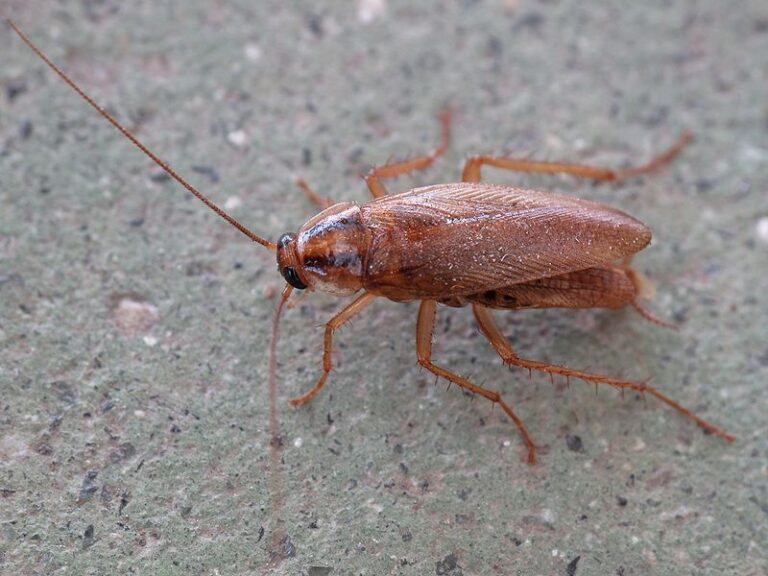Why Won’t My Lawn Mower Start?
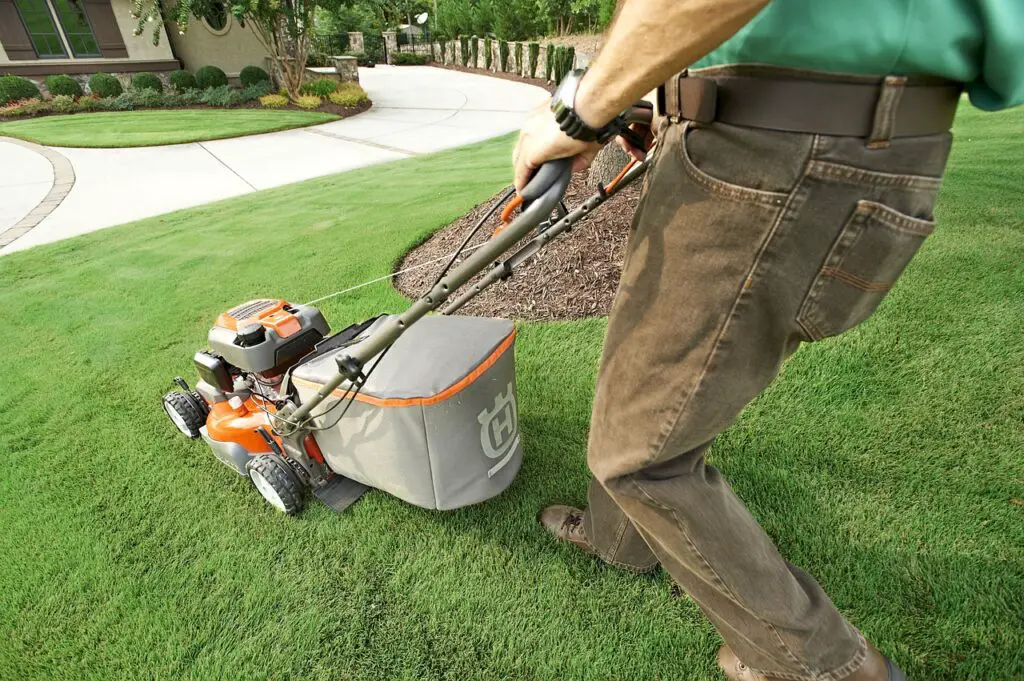
Are you facing the frustrating situation of a lawn mower that just won’t start? This common problem plagues many homeowners, leaving them puzzled and seeking solutions. In this comprehensive guide, we’ll explore the potential reasons your lawn mower isn’t starting and provide practical steps to get your grass-cutting companion back in action.
Understanding the Basics
Before delving into troubleshooting, it’s important to understand the basic components of a lawn mower. Lawn mowers typically consist of an engine, a fuel system, a spark plug, an air filter, and a carburetor. Each component plays a crucial role in the mower’s operation, and issues with any of these parts can prevent the mower from starting.
1. Fuel Issues: A Common Culprit
One of the first things to check is the fuel. Over time, fuel can degrade or become contaminated, leading to starting issues. Ensure that your lawn mower has fresh, clean gasoline. If the fuel is more than a month old, consider replacing it with fresh gasoline.
Tip: Regularly check the fuel level and quality to prevent fuel-related problems.
2. Spark Plug Troubles: The Ignition Key
The spark plug is essential for igniting the fuel in the engine. A dirty or damaged spark plug can prevent your mower from starting. Inspect the spark plug for signs of wear or damage and replace it if necessary.
Tip: Clean the spark plug regularly and replace it annually to maintain optimal performance.
3. Air Filter Blockages: Breathe Easy
A clogged air filter can restrict airflow to the engine, hindering the starting process. Check the air filter and clean or replace it if it’s dirty or damaged.
Tip: Regularly cleaning or replacing the air filter can improve engine efficiency and ease starting.
4. Carburetor Issues: Fuel’s Pathway
The carburetor mixes air and fuel for the engine. A dirty or malfunctioning carburetor can cause starting problems. Cleaning the carburetor can sometimes resolve this issue, but in some cases, professional repair may be necessary.
Tip: Keep the carburetor clean and consider having it professionally serviced if you suspect issues.
5. Battery Concerns for Electric Starters
If your lawn mower has an electric starter, a weak or dead battery could be the problem. Ensure that the battery is fully charged and in good condition.
Tip: Regular battery maintenance can prevent starting issues in electric-start lawn mowers.
6. Safety Features and Switches
Modern lawn mowers come equipped with safety features that can prevent them from starting if not properly engaged. Check the operator presence control lever and other safety switches to ensure they are in the correct positions.
Tip: Familiarize yourself with your mower’s safety features and check them as part of your troubleshooting routine.
7. Mechanical Failures: When It’s More Than Just Maintenance
In some cases, mechanical failures, such as a broken pull cord or engine problems, can prevent a lawn mower from starting. These issues typically require professional diagnosis and repair.
Tip: Regular maintenance can prevent many mechanical failures, but professional help is advised for complex issues.
Preventive Maintenance
Regular maintenance is the best way to prevent starting issues with your lawn mower. This includes changing the oil, checking and replacing the air filter, cleaning the carburetor, and ensuring all components are in good working order.
Expert Insights
Sometimes, the best course of action is to seek professional advice. Lawn mower repair experts can offer insights that go beyond basic troubleshooting. They can diagnose and fix intricate issues, ensuring your lawn mower operates efficiently and safely.
Tip: If you’re unsure about any aspect of lawn mower repair, consulting a professional can save time and prevent further damage.
Seasonal Considerations
Your lawn mower’s starting problems can also be influenced by seasonal changes. In colder weather, engines can be harder to start. Ensure your mower is stored properly during the off-season and consider using a fuel stabilizer to maintain fuel quality.
Tip: Preparing your lawn mower for different seasons can enhance its longevity and performance.
Understanding Warranty and Services
It’s essential to be aware of your lawn mower’s warranty terms. Some issues might be covered under warranty, which can save you both time and money. Additionally, regular service checks by authorized dealers can keep your lawn mower in top condition.
Tip: Keeping track of your warranty details and service history can be beneficial in the long run.
Upgrading Your Lawn Mower
If your lawn mower is consistently having problems despite troubleshooting and repairs, it might be time to consider an upgrade. Newer models come with advanced features and improved reliability, which can be a wise investment for avid gardeners.
Tip: Evaluate the cost of frequent repairs against the price of a new mower to make an informed decision.
The Role of User Manuals and Online Resources
Don’t underestimate the value of the user manual that comes with your lawn mower. It contains model-specific information and troubleshooting tips. Online forums and resources can also provide valuable insights from other users who might have faced similar issues.
Tip: Regularly refer to your lawn mower’s manual and explore online resources for additional help.
The Importance of Safety Precautions
While troubleshooting your lawn mower, always prioritize safety. Disconnect the spark plug before performing any maintenance to prevent accidental starting. Wear appropriate protective gear and work in a well-ventilated area.
Tip: Safety should always be your top priority when dealing with lawn mower repairs and maintenance.
FAQs: Quick Tips for Common Queries
Q: How often should I change my lawn mower’s oil?
A: It’s recommended to change the oil at least once per season or every 50 hours of use.
Q: Can old gasoline really prevent my lawn mower from starting?
A: Yes, gasoline can degrade over time, leading to starting difficulties.
Q: Should I attempt to repair mechanical issues myself?
A: While basic maintenance can be done at home, complex mechanical repairs should be handled by professionals.
Recap: Your Path to a Functioning Lawn Mower
In finding out why your lawn mower won’t start, let’s revisit some critical elements. The fuel tank and fuel filter are vital components; a clogged fuel filter or a gas tank that’s not properly filled can be key culprits. Similarly, the lawn mower’s engine relies heavily on the condition of spark plugs and the air intake system. A dirty air filter or a disconnected spark plug can easily disrupt the starting process. For those with a riding mower, checking the starter motor and ignition switch should be routine, as these are often overlooked yet essential elements. Additionally, the mower deck should be clear of grass clippings to ensure smooth operation. Remember, something as simple as a misplaced gas cap can impact performance.
Furthermore, addressing specific parts like the starter solenoid or using a spray carburetor cleaner can sometimes offer a quick fix to a lawn mower that won’t start. Regular maintenance checks, including a thorough inspection of the carburetor and the fuel system, are crucial. A little bit of preventive care – such as ensuring the gas tank is free of debris, the fuel filter isn’t clogged, and the spark plugs are in good condition – can go a long way in avoiding the frustration of a non-starting mower. By keeping these tips in mind and performing regular check-ups, you can significantly reduce the chances of finding yourself with a lawn mower that refuses to start, ensuring your lawn remains a testament to your hard work and dedication.

